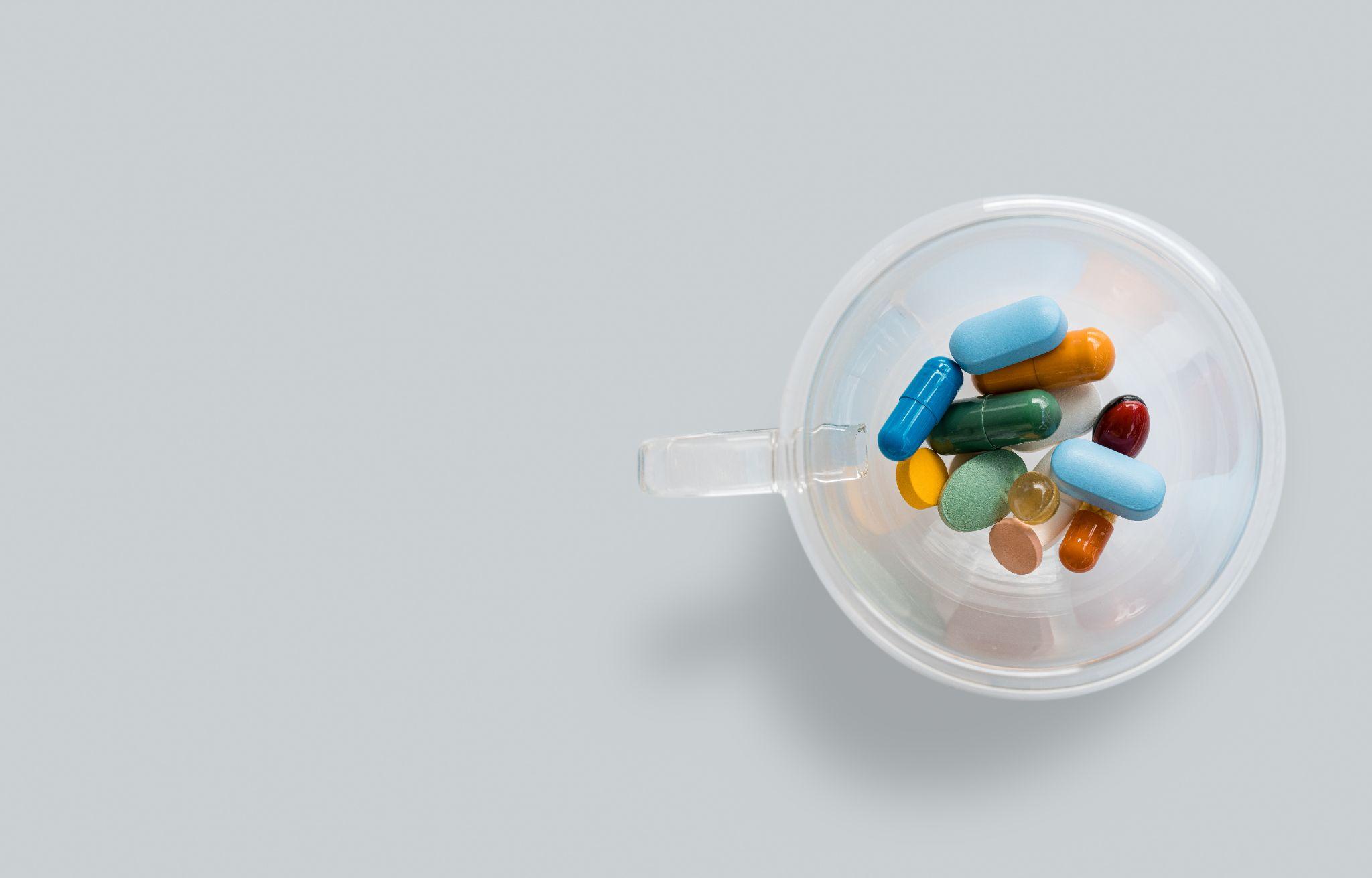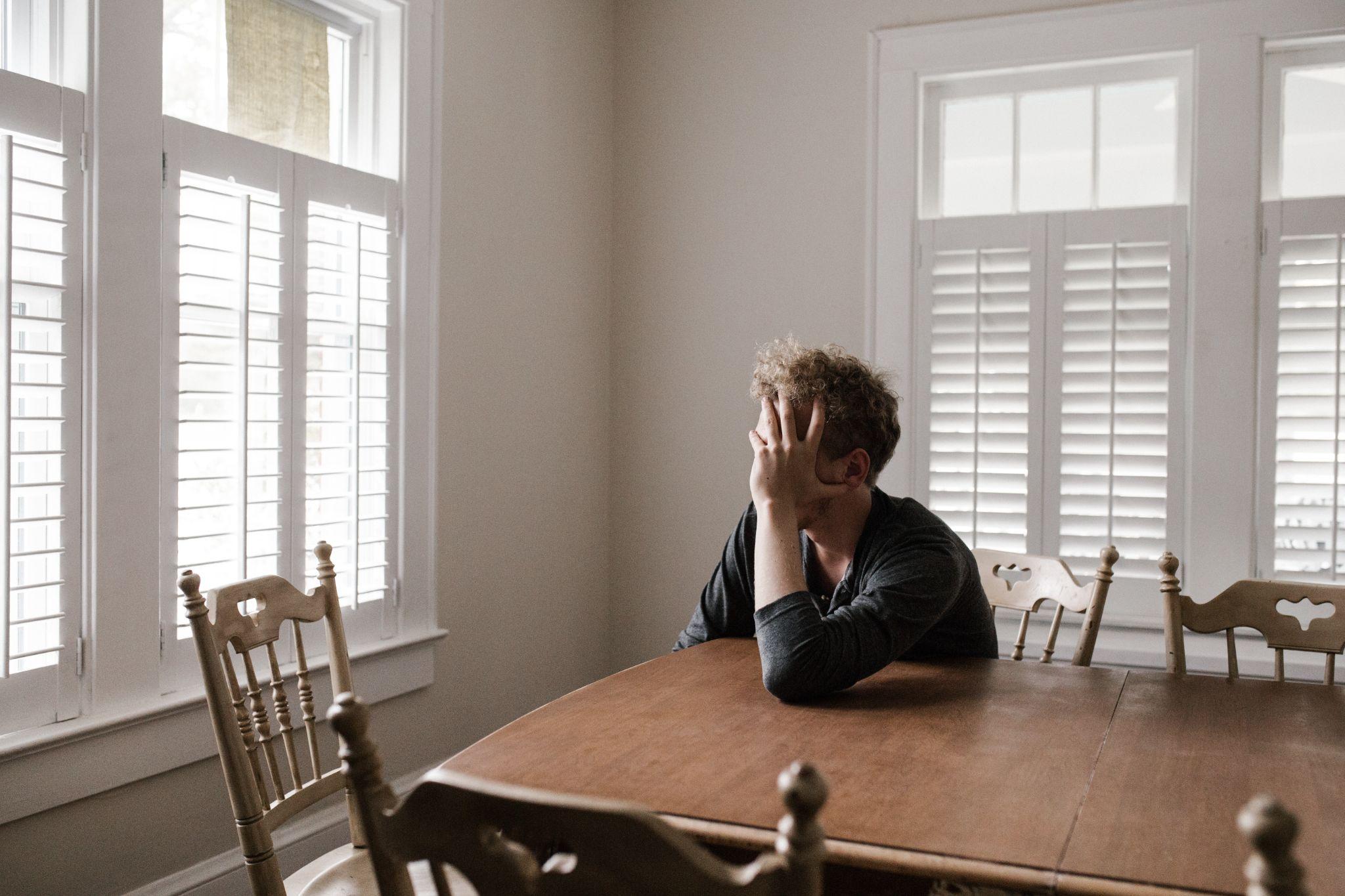3 Common FAQs About Depression
According to the World Health Organization (WHO) research, around 3.8% of the world’s population suffers from depression. Moreover, around 5.0% of adults below the age of sixty and 5.7% of people above sixty struggle with depression. These figures conclude that depression is one of the most common mental disabilities worldwide, where a total of 280 million people have been diagnosed with depression.
However, due to the stigma around mental health issues, many people refuse to seek proper mental disabilities assistance and continue to suffer. Here, we answer some commonly asked questions about depression in the hope of helping people everywhere.
What Are the Symptoms of Depression?
Although the symptoms of depression can vary from person to person, medical professionals diagnose a person with clinical depression if they have any five of the medical depression symptoms for two consecutive weeks or more. The complete list of these symptoms is discussed below.
- A depressive and sad mood throughout the day
- Not finding joy or pleasure in any of your favorite hobbies
- Major appetite changes, resulting in sudden weight loss or gain
- Change in sleeping habits, resulting in sleeping at a different schedule or sleeping less or more
- Fatigue, laziness, or loss of energy
- Feeling hopeless or worthless
- Feeling guilty all the time for no reason
- Finding it difficult to focus or make decisions
- Thoughts or attempts of suicide
- Increased anxiety
Why Do More Women Get Depressed Than Men?
According to research, around 20 percent of women suffer from depression at least once in their lives. On the other hand, the percentage of men facing depressive episodes is almost half. Even though there’s no definite answer to this question, scientists have suggested that social issues, psychological factors, and hormonal changes play a significant role.
According to scientific research, hormones can affect moods and emotions in women, leading to a higher depression rate. Therefore, women in estrogen-producing years suffer from depression and anxiety more than men or postmenopausal women. Estrogen is directly linked to women’s emotions and mood disruptions, including premenstrual syndrome and postpartum depression.

How Can We Treat Depression?
As discussed above, many people refuse to seek help for depression due to the societal stigma around mental health. However, things are changing now, and thousands of people are taking steps to live healthier lives by treating their mental health issues. The first step to treat depression is to get diagnosed. If you feel that you’ve depression symptoms, visit a mental health professional and get a medical evaluation.
Some medical conditions like thyroid disorders have similar symptoms to depression, so a doctor can diagnose if you’re actually suffering from depression. Once your depression is diagnosed, you can treat it through various methods like psychotherapy or antidepressants medication.
However, the treatment of depression takes a lot of time, and the important thing is to remain patient.
However, it’s a sad truth that many people continue to suffer because they can’t afford antidepressants or other depression treatments. At Advocate My Meds, we provide financial assistance for prescriptions so people can get the treatment and medication they need.
Depression patients can simply apply for the full-service prescription assistance programs and get mental disabilities prescription assistance for a depression-free life. Reach out to us for any further questions.







